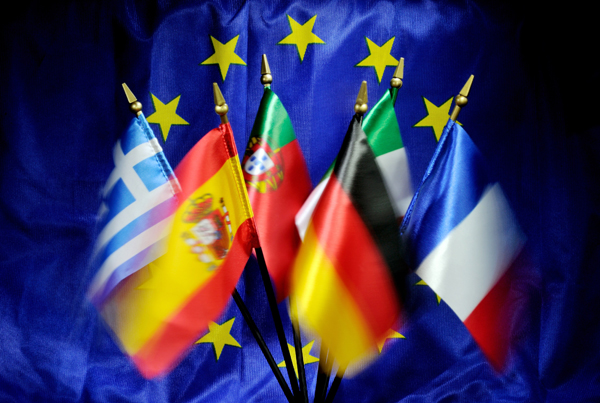In September, Iceland decided to officially suspend accession talks with the European Union. The decision indicates that the island nation will likely seek to chart a course for itself outside the EU.
While Iceland remains an official candidate for EU membership, the suspension of accession talks demonstrates a new way of thinking across Europe. In what could become a model for other European nations to follow, Iceland will seek to retain strong economic ties to Europe without signing on to the burdensome regulations and loss of national sovereignty that is part and parcel of becoming a full member of the EU.
As previously noted, in April, Icelandic voters supported the Eurosceptic Independence Party and the Progressive Party, the parties whose coalition government has backed away from negotiations to join the EU. The decision is in line with the will of the public, as support for joining the EU in Iceland is only around 25 percent; the vast majority of Icelanders are skeptical that membership is in their best interests. Iceland Minister of Foreign Affairs Gunnar Bragi Sveinsson acknowledged this reality in a September 12 address to the Icelandic parliament, the Althing:
The current government is against membership and there are strong indications that the same applies to the nation.
In April, Iceland became the first European nation to sign a bilateral free trade agreement (FTA) with China. The deal is one of 26 FTAs that Iceland has signed with individual nations outside Europe. A member of the European Economic Area, Iceland has pursued an approach of negotiating bilateral FTAs—something it would not be able to do as a member of the EU.
Despite EU pressure to join as a member state, the new government of Iceland appears to have recognized what the people of Iceland have known for some time: that there is life in Europe outside of Brussels.






























